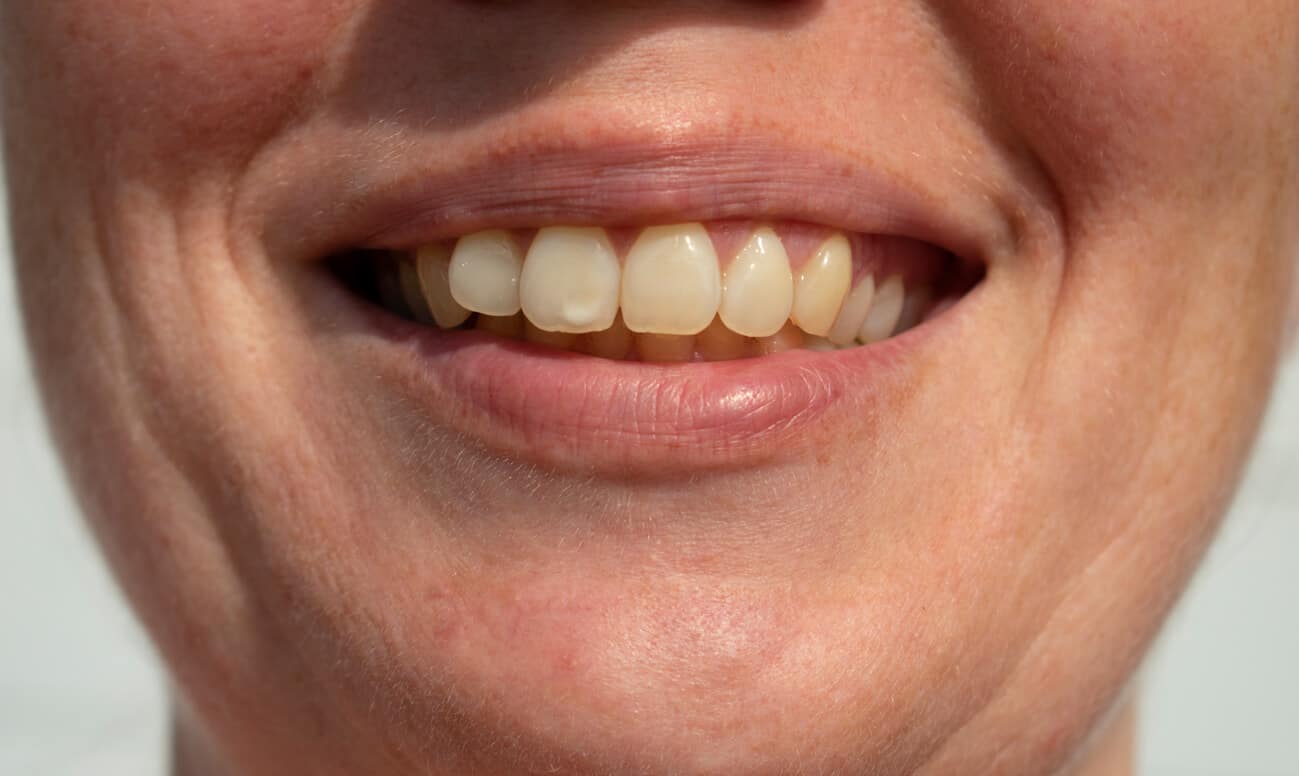-
-

ADULT ORTHODONTICS
Should You Use Mouthwash Before or After Brushing?Brushing and flossing are the foundation of a good oral hygiene routine, but mouthwash can also be a useful addition...

SELECTING DENTAL PRODUCTS
Soft Vs. Hard Toothbrush: Which One Should You Use?The toothbrush has come a long way. As the American Dental Association (ADA) notes...
-
Science & Innovation
- Oral Health and Dental Care | Colgate®
- Oral Health
- What Is Dry Mouth?


What is Dry Mouth?
Dry mouth means you don't have enough saliva, or spit, to keep your mouth moist. Everyone has a dry mouth once in a while, especially if you're nervous, upset or under stress. But if you have a dry mouth all or most of the time, it can be uncomfortable and can lead to more serious health problems or indicate that a more serious medical condition may exist. That's because saliva does more than just keep the mouth wet —it helps digest food, protects teeth from decay, prevents infection by controlling bacteria in the mouth, and makes it possible for you to chew and swallow.
There are several reasons that the glands that produce saliva, called the salivary glands, might not function properly. These include:
- Side effects of some medications — over 400 medicines can cause dry mouth, including antihistamines, decongestants, pain killers, diuretics and medicines for high blood pressure and depression.
- Disease — diseases that affect the salivary glands, such as diabetes, Hodgkin's, Parkinson's disease, HIV/AIDS and Sjogren's syndrome, may lead to dry mouth.
- Radiation therapy — the salivary glands can be damaged if your head or neck are exposed to radiation during cancer treatment. The loss of saliva can be total or partial, permanent or temporary.
- Chemotherapy — drugs used to treat cancer can make saliva thicker, or "ropey," causing your mouth to feel dry.
- Menopause — changing hormone levels affect the salivary glands, often leaving menopausal and post-menopausal women with a persistent feeling of dry mouth.
- Smoking — many pipe, cigar and heavy cigarette smokers experience dry mouth.
How Do I Know if I Have Dry Mouth?
Everyone's mouth feels dry from time to time. It's when this feeling doesn't go away that you may have a problem with saliva production. Symptoms of dry mouth include:
- A sticky, dry feeling in your mouth
- Trouble swallowing
- A burning sensation on your tongue
- A dry feeling in your throat
- Cracked lips
- Reduced ability to taste things or a metallic taste in your mouth
- Mouth sores
- Frequent bad breath
- Difficulty chewing/speaking
How is Dry Mouth Treated?
The only permanent way to cure dry mouth is to treat its cause. If your dry mouth is the result of medication, your doctor might change your prescription or your dosage. If your salivary glands are not working properly but still produce some saliva, your doctor might give you a medicine that helps the glands work better.
If the cause of your dry mouth cannot be eliminated, or until it can be, you can restore moisture to your mouth a number of different ways. Your dentist may recommend mouth moisturizers, such as a saliva substitute. Rinsing with mouthwashes specially formulated to help dry mouth may also bring relief. You can also:
- Sip water or sugarless drinks often
- Avoid drinks with caffeine, such as coffee, tea and some sodas, which can cause the mouth to dry out
- Chew sugarless gum or suck on sugarless hard candy to stimulate saliva flow (if some salivary gland function exists)
- Don't use tobacco or alcohol, which dry out the mouth
- Be aware that spicy or salty foods can cause pain in a dry mouth
- Use a humidifier at night
11/15/2010
Related Articles
Related Products

Helping dental professionals
More professionals across the world trust Colgate. Find resources, products, and information to give your patients a healthier future










